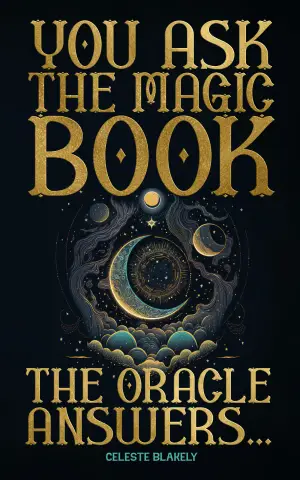As a passionate reader of both contemporary and classic literature, I was drawn to The Penguin Book of Japanese Short Stories primarily out of my love for short fiction and my interest in Japanese literature. This impressive anthology, edited by Jay Rubin and introduced by the renowned Haruki Murakami, promised a diverse array of narratives that would not only entertain but also offer insights into the intricacies of Japanese culture and storytelling traditions.
From the very first story, I was captivated by the medley of voices that span from the 19th century to modern-day Japan. The collection features works by celebrated authors such as Tanizaki, Akutagawa, and Kawabata, alongside intriguing new writers like Yuko Tsushima and Yuten Sawanishi. Each story brings forth emotions that range from fear to charm, beauty, and, at times, an unexpected sprinkle of comedy.
One standout story for me was Tsushima’s “Flames,” which explores themes of loss and longing with lush, evocative language. Similarly, Sawanishi’s “Filling Up with Sugar” delighted me with its sharp wit and whimsical premise. Murakami’s inclusion adds an authentic touch, and his introduction sets the stage perfectly by celebrating the artistry of the short story in Japan, a narrative form imbued with depth and nuance.
However, while most of the stories were gems, I did feel that some narratives didn’t resonate with me as much, possibly due to cultural references or storytelling styles that felt more distant. A few tales felt overly abstract, leaving me yearning for more clarity or emotional connection. Some readers might find this a drawback, as stories like Shin’ichi Hoshi’s “Shoulder-Top Secretary” can be quite surreal. For me, the overall experience was offset by the sheer variety and richness of the more poignant tales.
Another aspect I particularly appreciated was the translation quality. Jay Rubin has meticulously translated several stories himself, lending a conversational fluidity to the prose that often brings out the wit and subtlety of the original Japanese. Penguin Classics has a strong reputation for providing authoritative texts, and this collection does not fall short. The careful curation by Rubin has resulted in a collection that is both engaging and enlightening.
Another common comment I encountered while reading was about the book’s structure. Some readers hoped for a more cohesive thematic organization throughout the anthology. Personally, I found the disparate nature of the stories refreshing; it allowed me to dive into different worlds with every turn of the page. However, for those who prefer a more linear narrative experience, this collection may seem somewhat disjointed.
Ultimately, this anthology is an evocative exploration of the Japanese short story form, showcasing the artistic journey from its origins to contemporary voices. It stands as a testament to the depth and variety present in Japanese literature, with stories that inspire thought and evoke a spectrum of feelings.
The Penguin Book of Japanese Short Stories is a delightful read for anyone interested in literature that reflects cultural diversity and complexity. While some narratives may not resonate universally, the collection overall offers a rewarding experience that I believe most readers will appreciate. I would highly recommend this book to anyone looking to explore new perspectives in literature or to simply enjoy beautifully written short stories that challenge and stir the imagination.
Explore captivating tales in The Penguin Book of Japanese Short Stories. >>








